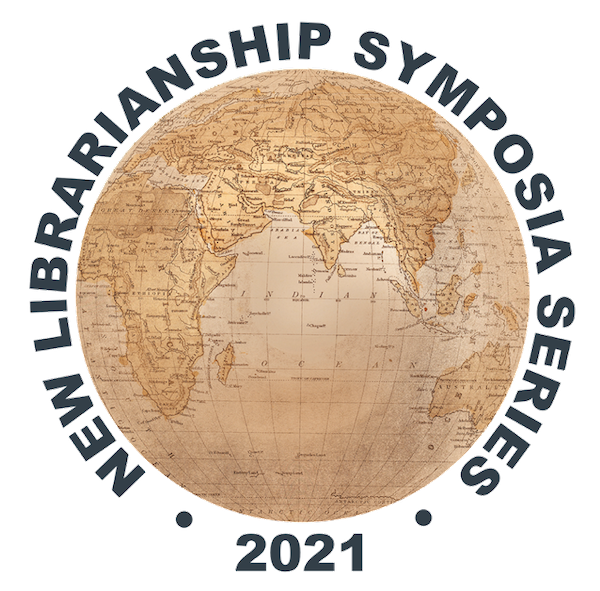Submission Type
Paper Abstract Submission
Symposium Selection
International influences
Keywords
Music, Music Librarianship, Cataloging, Collection Development, Subject Terms, Academic Libraries
Abstract
The term “world music” has been used for decades as a catchall genre to describe any form of music outside of Western classical. As a byproduct of the eurocentrism pervasive throughout academia, its use furthers a bubble that others or ignores Non-Western cultures and their music. By examining the public-facing catalogs of 13 university libraries across 10 different countries to determine to what extent Non-Western music is included in their collections, how it is cataloged, and if the term “world music” is used to do so, the specific cataloging practices and norms that perpetuate a bias toward Western classical music can be identified and highlighted. Revealing the extent of these biases serves as a necessary first step in ultimately correcting the problem and creating more global and respectful collections. Reform will require university libraries to both collect a larger volume of Non-Western music materials and alter how their entire music collections are cataloged. Populating separate fields for the genre and the country of origin will no longer withhold the term “classical” from the classical music of Non-Western cultures. Cataloging norms can be altered in a way that will not impede the discoverability of Western classical music, yet a few key changes will both dramatically increase the visibility of Non-Western collections and afford Non-Western music and associated cultures the same level of respect as their Western counterparts.
Included in
Cataloging and Metadata Commons, Collection Development and Management Commons, Ethnomusicology Commons
Moving Beyond World Music: An Exploration of Non-Western Music Cataloging Practices in Higher Education and Where to Go from Here
The term “world music” has been used for decades as a catchall genre to describe any form of music outside of Western classical. As a byproduct of the eurocentrism pervasive throughout academia, its use furthers a bubble that others or ignores Non-Western cultures and their music. By examining the public-facing catalogs of 13 university libraries across 10 different countries to determine to what extent Non-Western music is included in their collections, how it is cataloged, and if the term “world music” is used to do so, the specific cataloging practices and norms that perpetuate a bias toward Western classical music can be identified and highlighted. Revealing the extent of these biases serves as a necessary first step in ultimately correcting the problem and creating more global and respectful collections. Reform will require university libraries to both collect a larger volume of Non-Western music materials and alter how their entire music collections are cataloged. Populating separate fields for the genre and the country of origin will no longer withhold the term “classical” from the classical music of Non-Western cultures. Cataloging norms can be altered in a way that will not impede the discoverability of Western classical music, yet a few key changes will both dramatically increase the visibility of Non-Western collections and afford Non-Western music and associated cultures the same level of respect as their Western counterparts.


